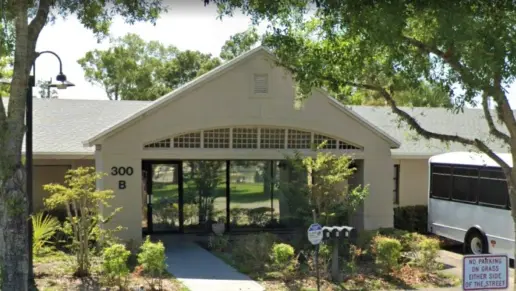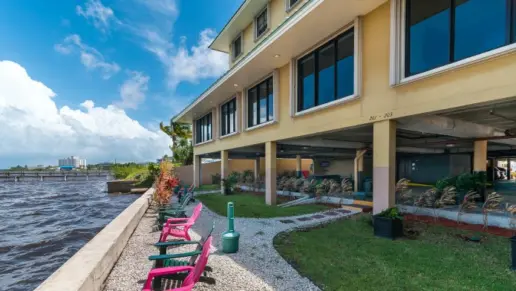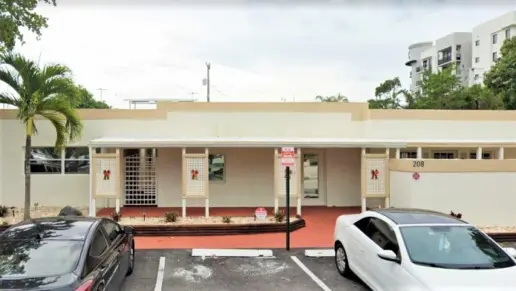About First Step of Sarasota Inc
First Step, formerly First Step of Sarasota and part of the Lightshare network, offers alcohol and drug rehab services to adolescents and adults suffering from co-occurring mental and behavioral health disorders. This drug and alcohol rehab in Sarasota, Florida provides medically assisted detox services, inpatient and outpatient therapy, and a specialized outpatient program for pregnant women.
A client takes their first step at First Step with a private and customized evaluation. The center assigns a case management team to create an individual plan for recovery, which can include medical detox. Here, licensed clinicians can administer medications that can include methadone and buprenorphine to reduce cravings and ease withdrawal symptoms. Up to 30 clients are supervised 24/7 while they detox for 3 to 10 days. Residential care also includes therapy, group support, amenities, and recreation to emphasize a holistic recovery.
Stabilization programs are also available for teenagers, ages 13-17, at a sister location in Punta Gorda. Adolescent clients can also coordinate their care with First Step’s school and community programs throughout the county.
Once the inpatient program is complete, clients of all ages transition into an outpatient therapy program that consists of day programs, intensive outpatient treatment, and general outpatient care, depending on the client’s flexibility and sobriety. Treatment addresses any co-occurring mental health and addiction disorders. First Step offers individual and group therapy as part of its outpatient therapy program to promote holistic health for substance abuse recovery.
The women’s outpatient treatment program specifically caters to the recovery needs of pregnant women and women with dependent children. As part of the outpatient program, women receive case management to meet the mother’s and child’s needs. This rehab program also helps provide additional social services to promote recovery.
First Step is accredited by the Commission on Accreditation of Rehabilitation Facilities (CARF). The center will work with your insurance provider, and self pay and financing options are also available. Please check your coverage for any out of network benefits that may apply.
Gallery
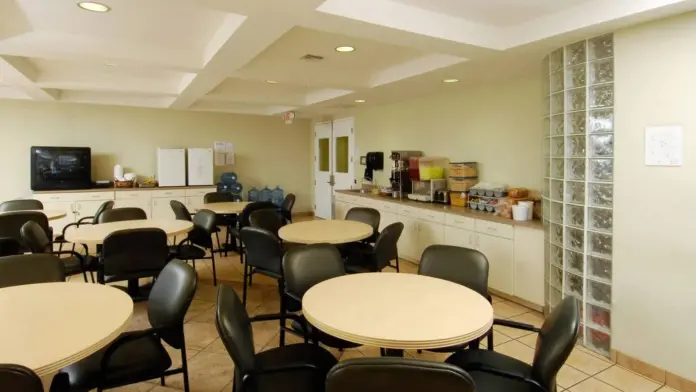
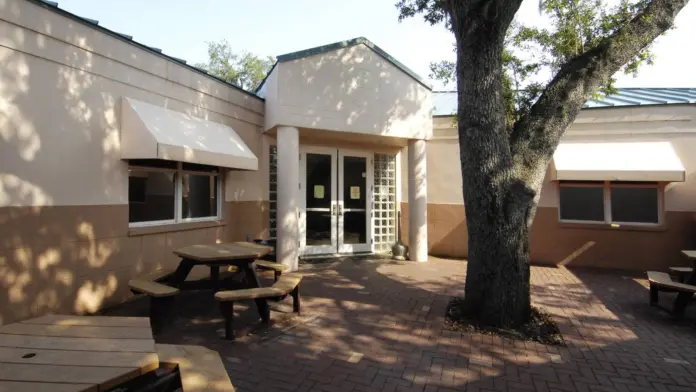
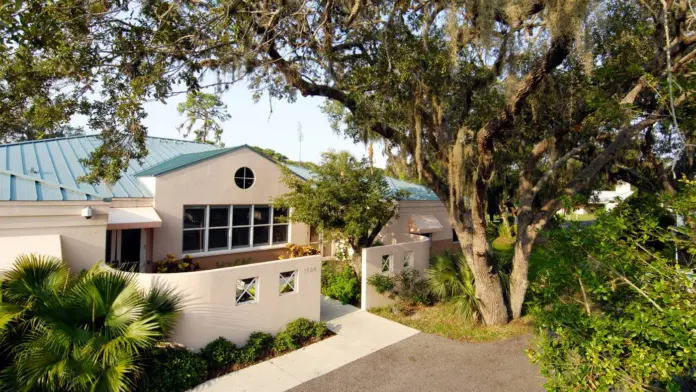
Location
Accepted Insurance
Other Forms of Payment
Self-pay involves paying for treatment out of your own pocket. You can use savings or credit, get a personal loan, or receive help from family and friends to fund your treatment. If you don't have insurance or your insurance plan doesn't cover a specific program, self-pay can help ensure you still get the care you need.
Private insurance refers to any kind of healthcare coverage that isn't from the state or federal government. This includes individual and family plans offered by an employer or purchased from the Insurance Marketplace. Every plan will have different requirements and out of pocket costs so be sure to get the full details before you start treatment.
Addiction Treatments
Levels of Care
Treatments
The goal of treatment for alcoholism is abstinence. Those with poor social support, poor motivation, or psychiatric disorders tend to relapse within a few years of treatment. For these people, success is measured by longer periods of abstinence, reduced use of alcohol, better health, and improved social functioning. Recovery and Maintenance are usually based on 12 step programs and AA meetings.
Drug rehab in Florida provides quality treatment to help individuals overcome dependency related to a wide range of addictive substances. Programs address both the physical and mental aspects of addiction in order to help you make a full recovery.
Many of those suffering from addiction also suffer from mental or emotional illnesses like schizophrenia, bipolar disorder, depression, or anxiety disorders. Rehab and other substance abuse facilities treating those with a dual diagnosis or co-occurring disorder administer psychiatric treatment to address the person's mental health issue in addition to drug and alcohol rehabilitation.
Opioid rehabs specialize in supporting those recovering from opioid addiction. They treat those suffering from addiction to illegal opioids like heroin, as well as prescription drugs like oxycodone. These centers typically combine both physical as well as mental and emotional support to help stop addiction. Physical support often includes medical detox and subsequent medical support (including medication), and mental support includes in-depth therapy to address the underlying causes of addiction.
Substance rehabs focus on helping individuals recover from substance abuse, including alcohol and drug addiction (both illegal and prescription drugs). They often include the opportunity to engage in both individual as well as group therapy.
Programs


Clinical Services
Therapists who apply cognitive behavioral therapy in Florida believe patient thoughts and behaviors are closely linked. They use this treatment method to help clients change their thought patterns so they can also change behaviors and break free from substance abuse.
Group therapy is any therapeutic work that happens in a group (not one-on-one). There are a number of different group therapy modalities, including support groups, experiential therapy, psycho-education, and more. Group therapy involves treatment as well as processing interaction between group members.
In individual therapy, a patient meets one-on-one with a trained psychologist or counselor. Therapy is a pivotal part of effective substance abuse treatment, as it often covers root causes of addiction, including challenges faced by the patient in their social, family, and work/school life.
During couples therapy in Florida, your therapist will take steps to get to know you, help you identify feelings, explore the past, develop solutions, and help you learn skills to manage relationship challenges. This process will allow you to work through conflict and strengthen your relationship.
During family therapy sessions, you navigate the complexities of addiction and are provided tools to help improve communication and resolve conflicts. When you work together, families can better support their loved one's recovery and restore balance and harmony within the household.
Life skills are the core skills you need for daily success. They can include self care, stress management, daily routines, and emotion control. Rehab treatment includes the development of these skills so you have the tools you need for long term recovery.
Substance abuse creates biochemical imbalances in your body and brain. By implementing dietary changes, you can restore that balance. This is the goal of nutrition therapy in Florida. You'll gain an understanding of what nutrients your body needs and learn best self care practices.
Recreational therapy helps you recover from addiction by giving you structured activities that promote your physical health and mental well being. These activities could range from sports and fitness to creative arts and provide a constructive outlet for your emotions and stress.
Amenities
-
Residential Setting
-
Private Setting
Staff & Accreditations
Staff
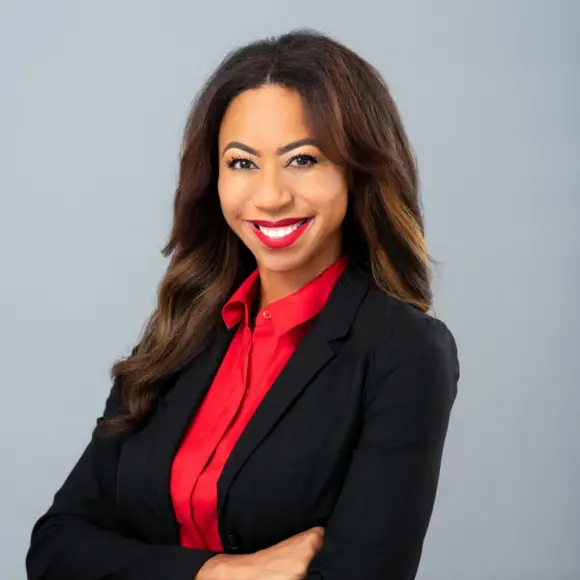
CEO & President

VP of Finance

VP of Operations

Executive Assistant
Accreditations

The Commission on Accreditation of Rehabilitation Facilities (CARF) is a non-profit organization that specifically accredits rehab organizations. Founded in 1966, CARF's, mission is to help service providers like rehab facilities maintain high standards of care.
CARF Accreditation: Yes
Contact Information
1459 10th Sreet
Sarasota, FL 34234











